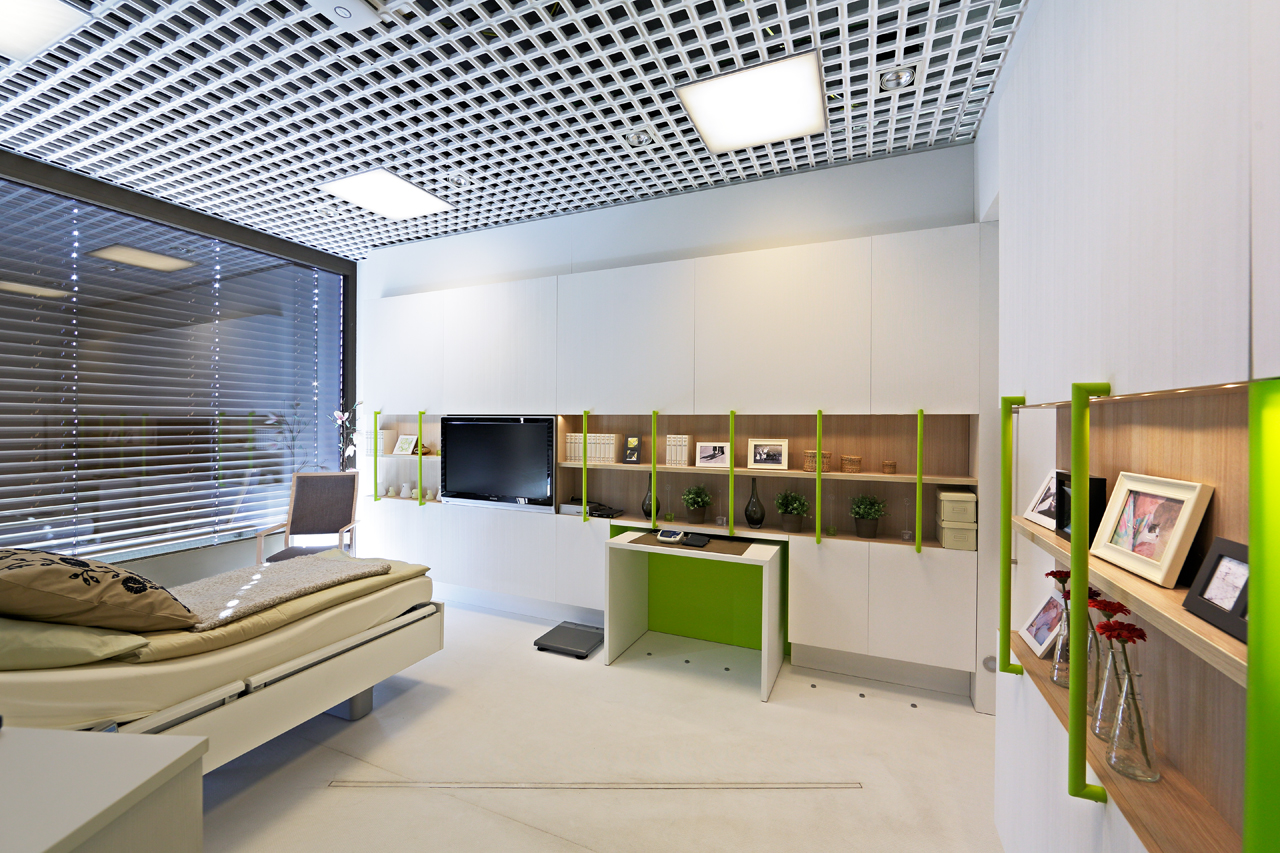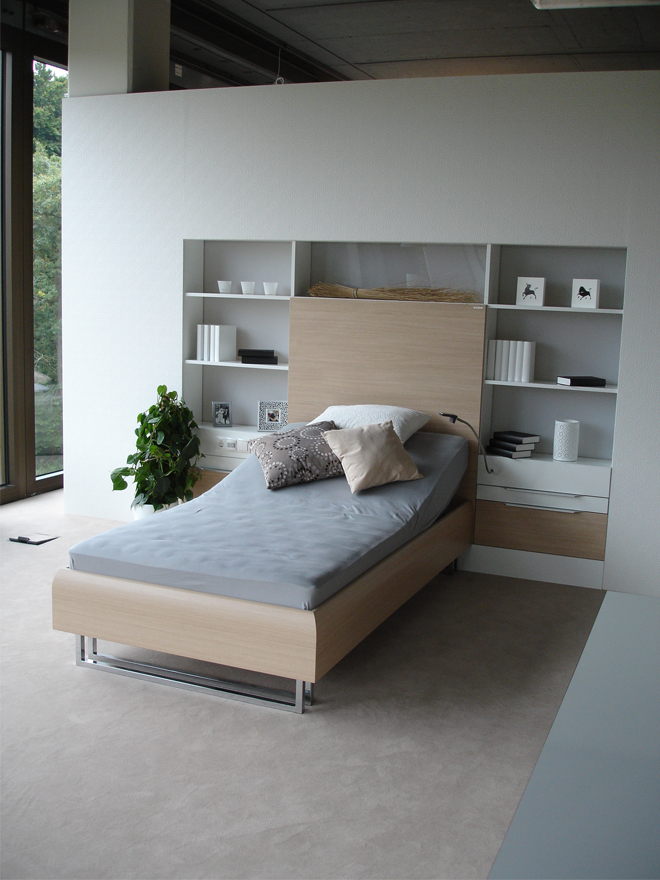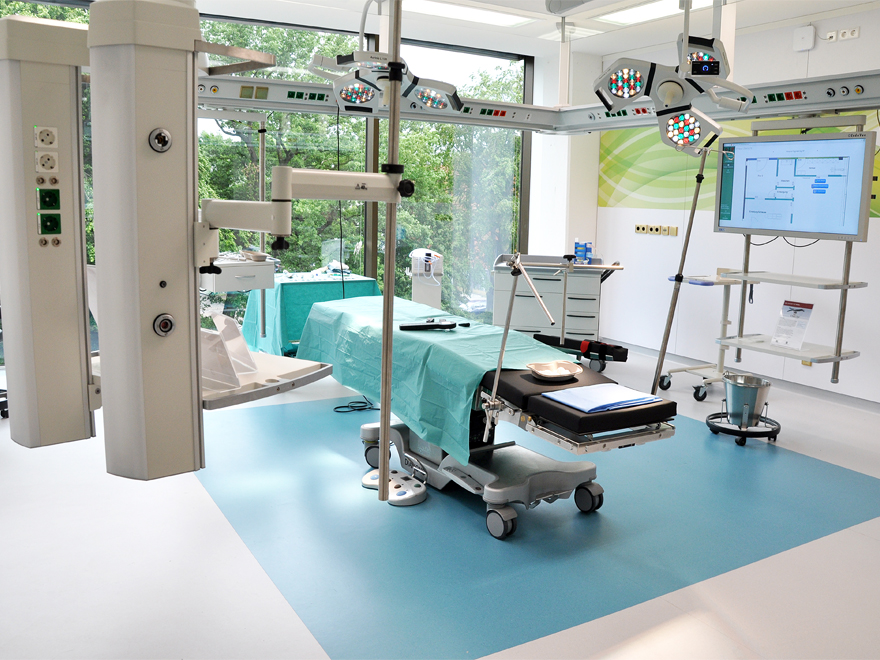Technologies


Healthcare and social services are facing diverse challenges: Demographic changes include a continuous increase in the average life expectancy, a constantly low birth rate and an advancing singularization of society. Forecasts indicate a significantly increased need of care in the years to come, while the amount of care and medical staff is decreasing. What is necessary to refine healthcare and social services to become sustainable and innovative?
The “Health and Care“ business unit approaches this question. In cooperation with the industry and with research facilities, sustainable scenarios are pointed out with regard to all relevant participants and Use Cases forecast supply conditions of the future.
The research area combines building automation and sensor technology as well as robotics and information and communication technology. In this, the inHaus does not only serve as a development platform. It is rather about specific development and application projects in cooperation with users such as patients, medical and care staff, as well as health insurance companies and sponsors, before those projects are implemented more widely. The project “inBath”, for instance, aims particularly at the support and improvement of care in multi-generation households. With the help of new technologies, memory aids for personal hygiene are supplied for elderly or impaired persons. A mirror in the bathroom reminds them to shave or to take their medication. This technology has the potential to increase the autonomy of those in need of care and to give them a chance to stay in their own homes for a longer time.
 Fraunhofer-inHaus-Center
Fraunhofer-inHaus-Center